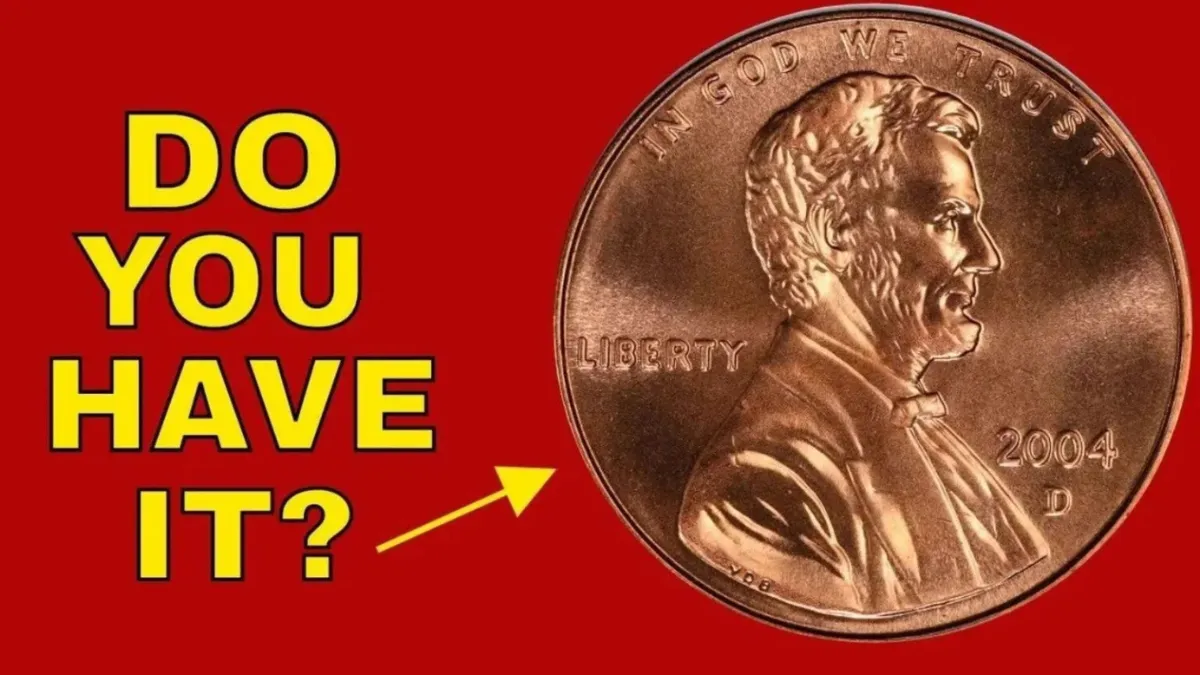IRS Refund Schedule: May 22–31, 2025
As of May 2025, the Internal Revenue Service (IRS) has announced that the latest wave of tax refunds through direct deposit will be sent out between May 22 and May 31, 2025.
Taxpayers who qualify can expect to receive an average refund of $3,029, which marks a 2.5% increase from last year’s average. This is part of the 2025 tax return cycle, during which millions of Americans filed by the April 15 deadline. Some filers received extensions. If you submitted your return and selected direct deposit, your refund might arrive within days.
IRS Refund Payment Schedule (Direct Deposit)
Typically, the IRS processes refunds within 21 days of receiving a complete and accurate e-filed return. If you mailed in your return or requested a paper check, your refund may take longer. Below is the estimated refund timeline based on when you filed:
| Filing Date | Expected Refund Date |
|---|---|
| May 1, 2025 | May 22, 2025 |
| May 2, 2025 | May 23, 2025 |
| May 3, 2025 | May 24, 2025 |
| May 4, 2025 | May 25, 2025 |
| May 5, 2025 | May 26, 2025 |
| May 6, 2025 | May 27, 2025 |
| May 7, 2025 | May 28, 2025 |
| May 8, 2025 | May 29, 2025 |
| May 9, 2025 | May 30, 2025 |
| May 10, 2025 | May 31, 2025 |
Important: Banks may take up to 5 business days to process the funds once the IRS issues the refund. So, don’t worry if it doesn’t appear in your account right away.
Why Are Refunds Higher in 2025?
According to IRS data released on May 9, 2025, average refund amounts have increased:
- 2025 average refund: $3,029
- 2024 average refund: $2,960
- Total refunds issued: $263.726 billion
- Annual increase in refund value: 2.8%
- Rise in average refund amount: 2.5%
This boost in refunds is due to inflation adjustments, more generous tax credits, and revised income brackets, all of which benefit many filers this season.
Who’s Eligible for the $3,029 IRS Direct Deposit?
If you filed a federal tax return and opted for direct deposit, you’re likely eligible—especially if you claimed refundable credits or had taxes withheld from your pay. Refunds are typically given to those eligible for:
- Earned Income Tax Credit (EITC)
- Child Tax Credit (CTC)
- Education Credits (American Opportunity or Lifetime Learning)
- Overpaid withholding on wages
Eligibility Checklist
| Requirement | Do You Need to Meet It? |
|---|---|
| Filed 2024 federal return | Yes |
| Submitted an accurate e-file | Yes |
| Chose direct deposit | Yes |
| Filed by or before May 10, 2025 | Yes |
| No outstanding debts or errors | Yes |
If you haven’t submitted your return yet, you still can—although late penalties may apply. Filing now could still help you qualify for a refund and reduce potential interest charges.
What to Do If You Haven’t Received Your Refund Yet
If it’s been more than 21 days since you e-filed and your refund hasn’t arrived, try the following steps:
- Use the “Where’s My Refund” tool on the IRS website.
- Sign in to your IRS Online Account to check for notices or flagged issues.
- Confirm your bank details for direct deposit are correct.
- Contact the IRS if the status shows “processing” for an extended period.
Why Timely Filing Matters
Submitting your return on time helps ensure faster processing and protects you from potential identity theft. Even though the filing season has ended, it’s still important to act promptly to qualify for any remaining refunds.
Common causes of refund delays include:
- Incorrect or missing information
- Claims needing extra review
- Paper returns instead of e-filing
Direct deposit refunds averaging $3,029 are now being issued for those who filed correctly. Payments are expected to hit bank accounts between May 22 and May 31, 2025.
If you filed early, used direct deposit, and met all eligibility requirements, your larger-than-average refund could be arriving soon. To avoid issues in future tax seasons, always double-check your return and keep your tax and banking information updated.
FAQs
Can I still file if I missed the April 15 deadline?
Yes, you can still file. However, penalties and interest may apply unless you received an extension.
Why is my refund less than $3,029?
The $3,029 figure is the average. Your specific refund depends on your income, deductions, and tax credits.
Can I get my refund sooner than 21 days?
Yes. Some people who e-filed accurately and chose direct deposit have received their refunds in as little as 8 days.







